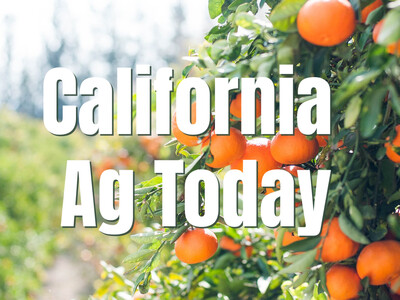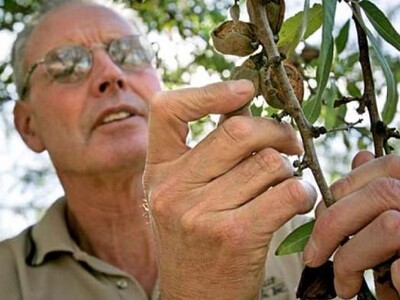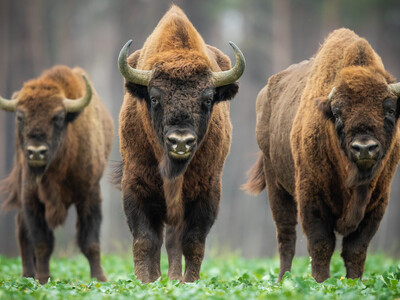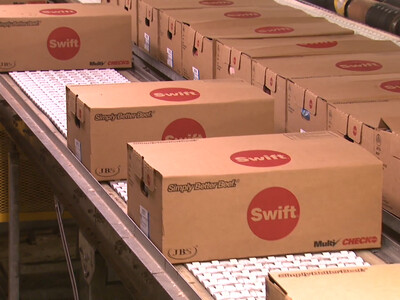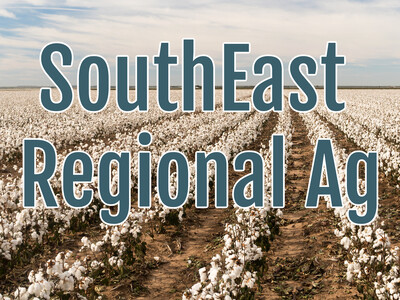NRCS Meeting
The Natural Resources Conservation Service (NRCS) in Idaho will hold its State Technical Advisory Committee meeting on December 7, 2021, from 9 a.m. to noon via Microsoft Teams.
If you need accommodations (physical accessibility assistance, sign language interpreter, Braille, large print or alternative print formats, etc.), please notify Nayre Herrera by Nov. 23, 2021, via email at Nayre.Hererra@usda.gov.
About the State Technical Advisory Committees (STAC)
State Technical Advisory Committees (STAC) serve in an advisory capacity to the Natural Resources Conservation Service (NRCS) and other agencies of the U.S. Department of Agriculture (USDA) on the implementation of the natural resources conservation provisions of Farm Bill legislation. Committees are intended to include members from a wide variety of natural resource and agricultural interests.
Chaired by the NRCS State Conservationist in each State, these Committees are composed of representatives from Federal and State natural resource agencies, American Indian Tribes, agricultural and environmental organizations, and agricultural producers. Individuals or groups wanting to participate as members on a State Technical Committee may speak to the State Conservationist regarding their interest at any time during the year.
The NRCS Idaho STAC meets regularly (once every four months) to provide information, analysis, and recommendations to appropriate NRCS officials, who strongly consider their input on the following:
Provide information, analysis, and recommendations to NRCS Idaho on resource concerns, conservation priorities and criteria for natural resources conservation activities and programs, including application, ranking and funding criteria, recommended practices, and program payment percentages for the state.
Identify emerging natural resource concerns and program needs.
Recommend conservation practice standards and specifications.
Recommend state and national program policy based on resource data.
Review activities of the local working groups to ensure State priorities are being addressed locally.
Make recommendations to the State Conservationist on requests and recommendations from local working groups.






